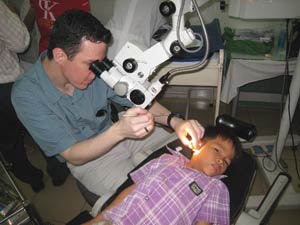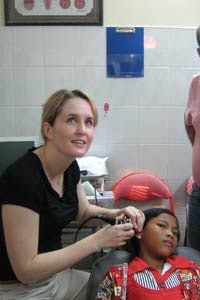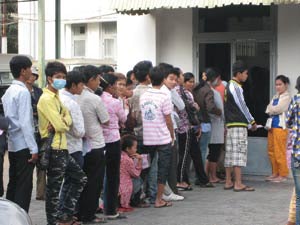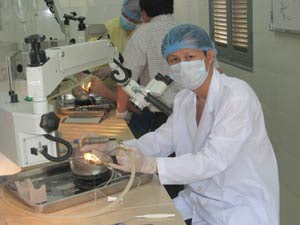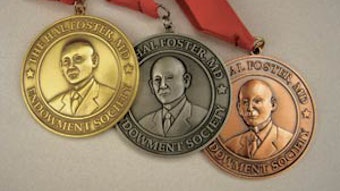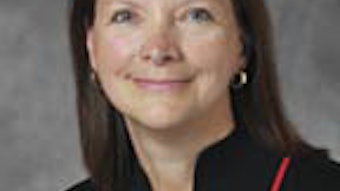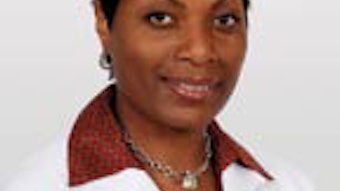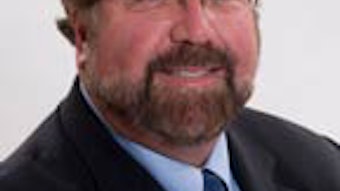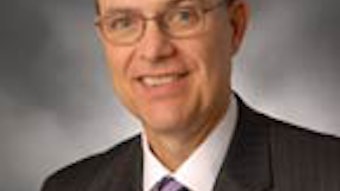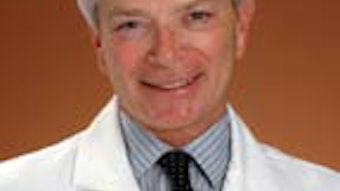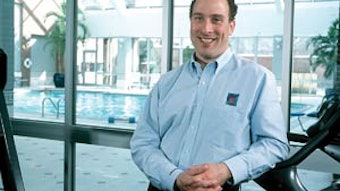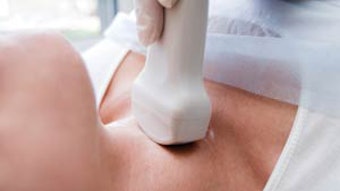Teaching Otologic Surgery in Cambodia
Ashley E. Balaker, MD, humanitarian resident travel grantee A huge crowd of patients greeted us January 24, 2011, as we drove up to the Preah Ang Duong Hospital in Phnom Penh, Cambodia. Many traveled hundreds of miles from outlying provinces when they heard the news in the Cambodian national newspaper about a team of American otologists visiting and performing surgery in the capital city that week. Our team consisted of four otologists: Eric P. Wilkinson, MD, and John C. Goddard, MD, from the House Ear Clinic, Richard Wagner, MD, director of Global ENT Outreach, and Thimma Reddy, MD, from the UK. I was the resident surgeon joining them from UCLA, and we were also accompanied by our surgical technician, Rodney Haines. This trip was a joint venture between the U.S.-based Global ENT Outreach (GEO) and the UK-based IMPACT UK organizations, which partner to provide teaching and surgical training to Phnom Penh’s ENT community, with specific attention to seven physicians in training there. My participation in this trip was graciously funded by an AAO-HNSF Humanitarian travel grant made possible by the support of Alcon Foundation. GEO’s main focus is education and training. Their model uses volunteer U.S. faculty to deliver patient care while teaching and training clinical staff and physicians in the host country. They work to establish lasting partnerships in these communities and make return visits throughout the year, demonstrating a strong mutual commitment between GEO and their host communities. From 1975 to 1979, Phnom Penh, Cambodia, suffered a loss of over 90 percent of its physicians during the Khmer Rouge occupation. It still struggles to recover and rebuild its medical infrastructure. During this visit, our team evaluated more than 500 patients in the clinic and performed about 50 otologic surgeries, all of which included a Cambodian physician as trainee during the operation. The trainees split into two groups so that while one group practiced in the temporal bone laboratory with Dr. Wagner, the other group could take part in the OR cases. Since proper equipment is hard to obtain in Cambodia, GEO and IMPACT UK work to provide otologic microscopes, drills, and supplies to the hospital to aid in the training there, including a new temporal bone laboratory. While our trip lasted only a week, return visits are planned and the education of Cambodia’s next generation of otologists will continue with the ongoing support of these organizations. I strongly encourage residents and fellows to take advantage of this unique opportunity not only to serve a community in need but also to contribute to the education of these Cambodian physicians.
Ashley E. Balaker, MD, humanitarian resident travel grantee
 GEO team members after a long day in the OR (from left to right): Ashley Balaker, MD; Eric P. Wilkinson, MD; John Goddard, MD; Rodney Haines; joined by two of our Cambodian OR nurses
GEO team members after a long day in the OR (from left to right): Ashley Balaker, MD; Eric P. Wilkinson, MD; John Goddard, MD; Rodney Haines; joined by two of our Cambodian OR nursesA huge crowd of patients greeted us January 24, 2011, as we drove up to the Preah Ang Duong Hospital in Phnom Penh, Cambodia. Many traveled hundreds of miles from outlying provinces when they heard the news in the Cambodian national newspaper about a team of American otologists visiting and performing surgery in the capital city that week.
Our team consisted of four otologists: Eric P. Wilkinson, MD, and John C. Goddard, MD, from the House Ear Clinic, Richard Wagner, MD, director of Global ENT Outreach, and Thimma Reddy, MD, from the UK. I was the resident surgeon joining them from UCLA, and we were also accompanied by our surgical technician, Rodney Haines.
This trip was a joint venture between the U.S.-based Global ENT Outreach (GEO) and the UK-based IMPACT UK organizations, which partner to provide teaching and surgical training to Phnom Penh’s ENT community, with specific attention to seven physicians in training there. My participation in this trip was graciously funded by an AAO-HNSF Humanitarian travel grant made possible by the support of Alcon Foundation.
GEO’s main focus is education and training. Their model uses volunteer U.S. faculty to deliver patient care while teaching and training clinical staff and physicians in the host country. They work to establish lasting partnerships in these communities and make return visits throughout the year, demonstrating a strong mutual commitment between GEO and their host communities.
From 1975 to 1979, Phnom Penh, Cambodia, suffered a loss of over 90 percent of its physicians during the Khmer Rouge occupation. It still struggles to recover and rebuild its medical infrastructure.
During this visit, our team evaluated more than 500 patients in the clinic and performed about 50 otologic surgeries, all of which included a Cambodian physician as trainee during the operation. The trainees split into two groups so that while one group practiced in the temporal bone laboratory with Dr. Wagner, the other group could take part in the OR cases.
Since proper equipment is hard to obtain in Cambodia, GEO and IMPACT UK work to provide otologic microscopes, drills, and supplies to the hospital to aid in the training there, including a new temporal bone laboratory. While our trip lasted only a week, return visits are planned and the education of Cambodia’s next generation of otologists will continue with the ongoing support of these organizations.
I strongly encourage residents and fellows to take advantage of this unique opportunity not only to serve a community in need but also to contribute to the education of these Cambodian physicians.
|
|
||
|
|
